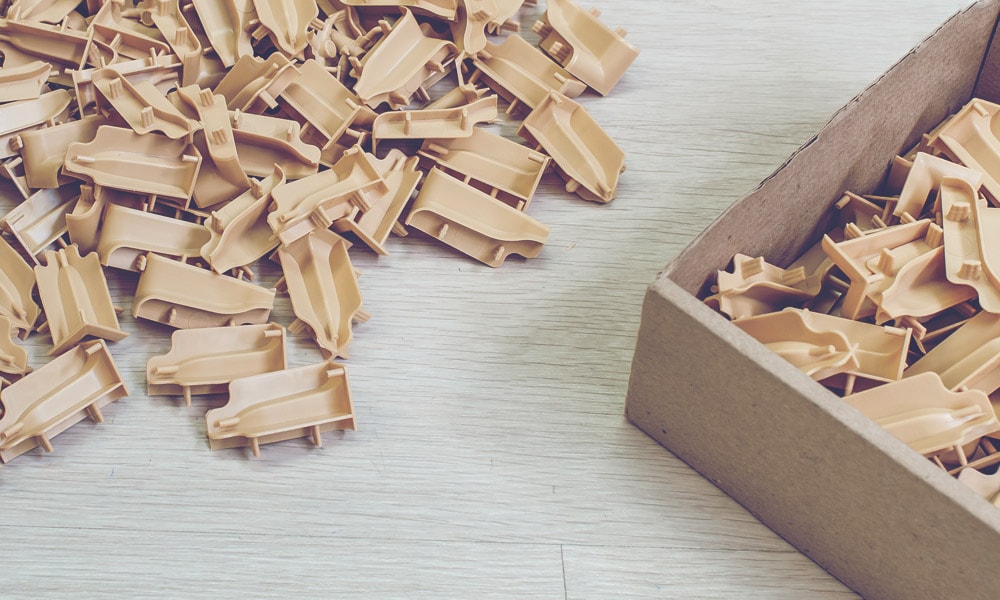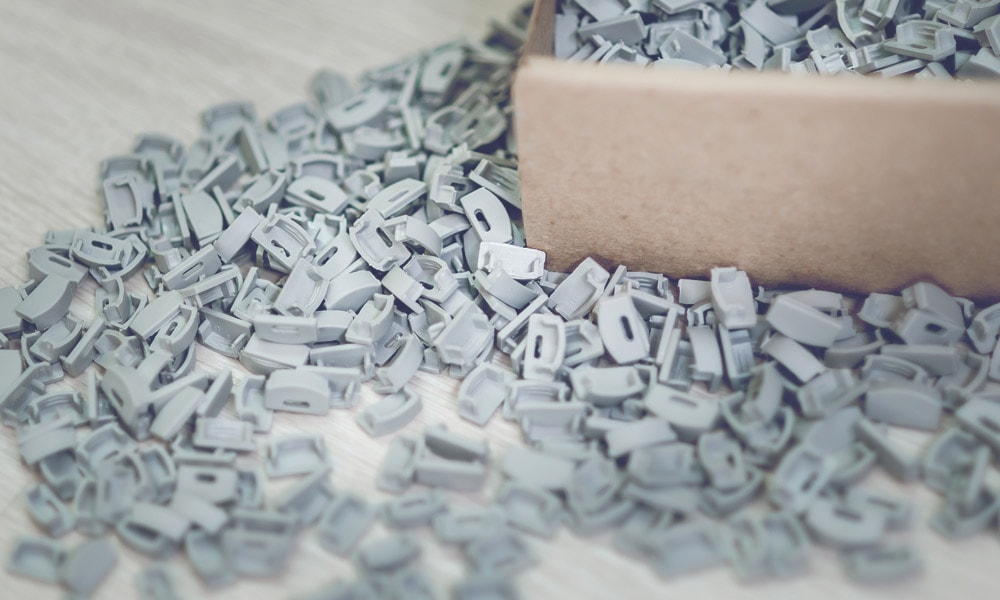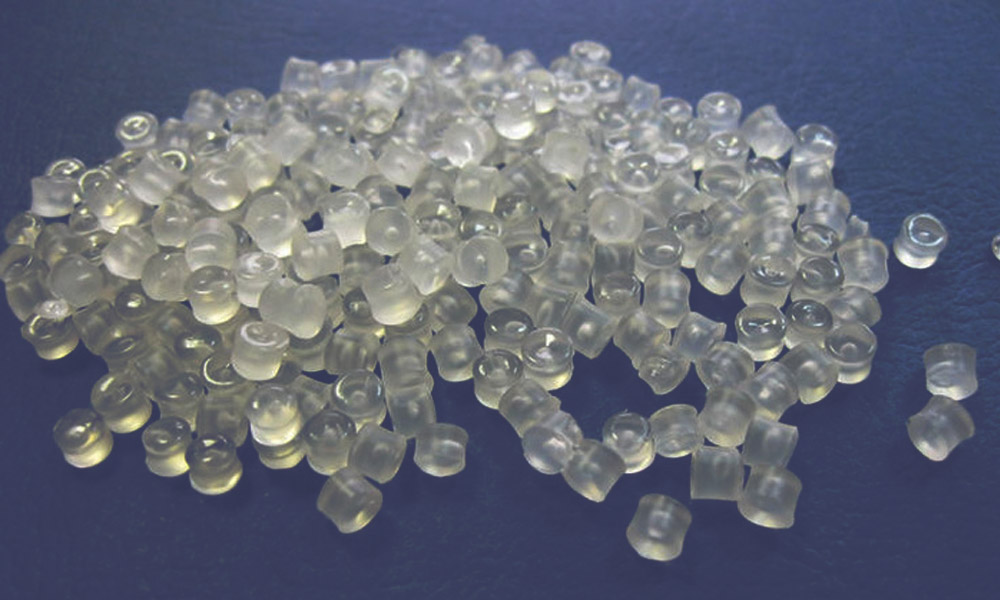Molding of plastic
In injection molding dosed quantity of molten thermoplastic polymer in the cyclic
With this method we can obtain various artificial products. Products can be obtained from a single monolithic plastic so welded together from two different plastics.
The main line of polymeric materials processed by injection pressure:

Plastic casting is used for high-volume production of high-quality polymer parts. This technology involves the use of special injection molds, which inject melt under pressure. Subsequent cooling gives the workpiece sufficient strength and fixes the desired shape. Using the technique, you can create any plastic product that is required by the customer.
Production of plastic products: a bet on advanced equipment
In the modern workshops of the company « TIS » installed upgraded equipment, opening technologists and engineers access to the full production cycle. Assets are represented by our own laboratory, functional injection molding machines – injection molding machines. They accurately serve the melt in the mold, ensuring full compliance of the finished product with the requirements of the sketch. The mass is distributed under pressure evenly, filling small holes and recesses.
At the same time, each stage of work in the workshop is carefully monitored. As a result, the customer receives products of excellent quality, which does not need to be improved. It may consist of one monolithic or several welded types of plastic, including polystyrene, polyamide and polypropylene.
Plastic casting: production steps, product cost
Making parts from plastic and plastics involves the following steps:
- Preparation. First of all, create a three-dimensional model of the workpiece, create a prototype and proceed to the design and production of the mold. With a successful test casting, they proceed to the next stage.
- Main stage. The heated composition is fed into the mold under high pressure, and then cooled.
- Delivery of the product. Cured preform is removed from the mold by opening.
The cost of work is influenced by a number of factors. This is the complexity of the workpiece, the type of plastics used, the volume of the party. As a rule, serious investments are required only at the preparatory stage. Further, the situation changes – the more parts will be produced in the workshop, the lower the final price for the consumer.
Custom-made plastic products at «TIS»: advantages review
By entrusting the manufacture of plastic parts to professionals, the customer will receive the following advantages:
- Guaranteed accuracy. Simple and complex products are manufactured with high precision. A metal mold is being developed for each batch, in the construction of which the details of the future billet are worked out and taken into account. Even blanks with bends and numerous holes extremely rarely require additional refinement and correction.
- Prompt execution of large orders. Customers will be delivered a large amount of finished products in the shortest possible time. The main expenditure of time occurs at the preparatory stage, and then the engineers of the workshop can quickly issue lots with any number of products.
- Customer focus. The company carefully monitors the situation on the market, changes the list of products dictated by current demand. The stake on the interests of customers allowed the manufacturer to provide European-level specialized services, to offer competitive terms of cooperation in prices, terms and logistics.
![]()
For more detailed information send a request or call:
+38 (044) 251-05-80, +38 (044) 251-05-81, +38 (044) 251-05-82




